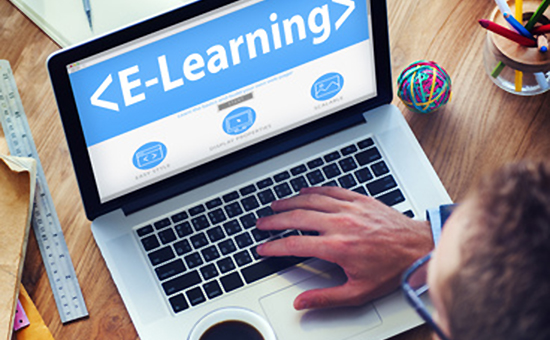In Hunter’s opinion MOOCS might have failed, but online learning still has a future. He has assembled seven guidelines that ensure a better online learning experience for busy executives.
Start at the end. In the creation of any learning experience, being crystal clear on participants’ learning objectives is the place to start.
Treat executives like executives. Instead of multiple choice questionnaires ask executives to test hypotheses, draw conclusions and submit evidence-based results to engage executives in a constructive dialogue.
Change the channel. Far too many educational providers think that online learning is simply a virtual version of what works in the classroom. Instead, the best online executive programmes have a fresh learning design that is built around the virtual channel.
Respect the “holy trinity” of virtual learning. Weave together design, the production of video and written content and online interaction mechanisms and delivery via a platform and chosen online coaches.
Keep the content fresh and easy to digest. This means fresh, cutting-edge content in the right length instead of drawn out video performances or lengthy articles.
Continuously demonstrate impact. Ensure measurable results that executives can easily execute in the workplace.
Leverage qualified feedback as a catalyst for change. If education providers want to get serious about online learning, they need to get serious about personalised feedback whether it is in writing, through a Skype call or online video chat.

